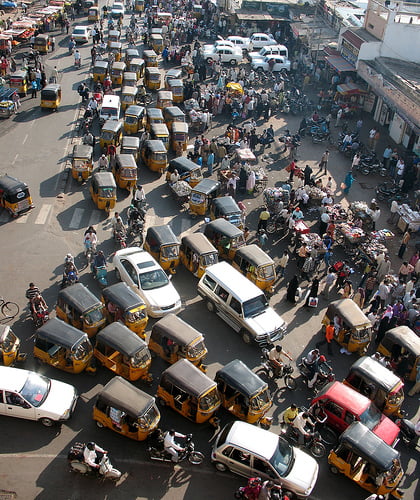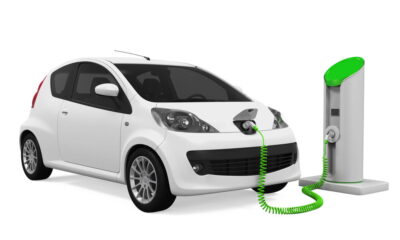

News
Sustainable transport to get $175 billion boost
Eight of the world’s largest multilateral development banks have pledged $175 billion (£111 billion) towards improving sustainable transport.
The commitment was made at the UN secretary-general Ban Ki-moon’s closing press conference at the Rio+20 talks last week, and is one of the biggest financial deals to have emerged from the summit.
The funds will be used to sustainably progress public transport, bicycle and walking infrastructure, energy-efficient vehicles and fuels, railways, inland waterways and road safety.
“These sustainable transport improvements will benefit billions of people, especially the poor, and support environmental sustainability and reduce greenhouse gas emissions”, said Bindu Lohani, vice president for knowledge management and sustainable development at the Asian Development Bank, one of the institutions involved.
The World Bank and the Latin American and African development banks are also involved in the pledge, which spans a ten-year period.
Joan Clos, executive director of UN-Habitat, said, “These unprecedented commitments have the promise to save hundreds of thousands of lives by cleaning the air and making roads safer; cutting congestion in hundreds of cities and reducing the contribution of transportation to harmful climate change.”
It’s estimated that between 5-10% of global GDP is squandered through these problems every year. And given the rapid population growth being witnessed in certain parts of Asia and Africa, investing heavily in sustainable modes of transport is seen as essential. India alone is expected to add 500m people to its total in the next 20 years.
The development banks involved form part of a campaign by the Partnership on Sustainable Low Carbon Transport (SLoCaT), a conglomerate made up of UN organisations, development banks, non-governmental organisations and representatives of the business sector.
“Never before have these institutions collaborated on such a global scale”, said Cornie Huizenga, joint convener of the SLoCaT Partnership.
“The breakthrough that we are witnessing allows us to plan for the one billion people who will move to cities over the next 20 years and the one billion people still living in poverty.”
Whilst the $175 billion pledge is thoroughly welcome, the scale of investment needs to be even greater. The eight development banks estimate that certain countries in Asia will require over $2.5 trillion between now and 2020 to advance transport to a suitable level.
Read Blue & Green Tomorrow’s Guide to Sustainable Investment to find out more about the many ways in which you can make your money make a difference.
Further reading:
Sustainable cities: a low-carbon opportunity not to be missed
Oxford revealed as European leader in electric vehicles
Smart grids: supporting efficient, affordable, sustainable and secure energy


 Environment12 months ago
Environment12 months agoAre Polymer Banknotes: an Eco-Friendly Trend or a Groundswell?

 Features11 months ago
Features11 months agoEco-Friendly Cryptocurrencies: Sustainable Investment Choices

 Features12 months ago
Features12 months agoEco-Friendly Crypto Traders Must Find the Right Exchange

 Energy11 months ago
Energy11 months agoThe Growing Role of Solar Panels in Ireland’s Energy Future




























